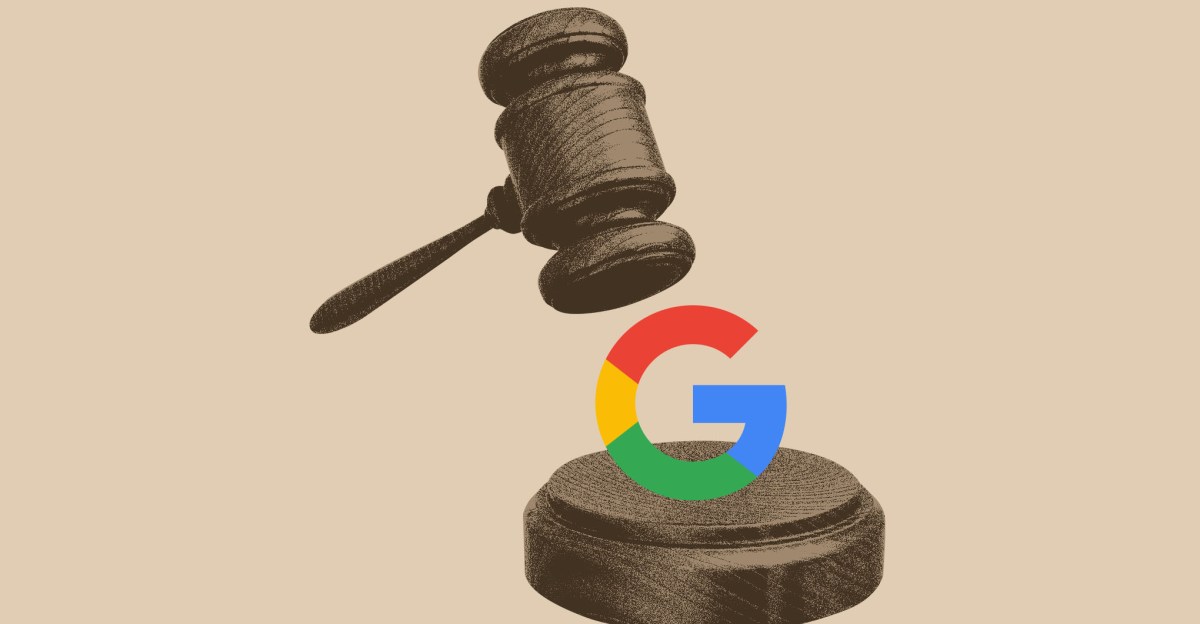Penske Media Files Lawsuit Against Google Over AI Search Summaries

Key Points
- Penske Media sues Google over AI Overviews that appear in search results.
- Publisher claims Overviews reduce traffic and cut affiliate revenue by over a third.
- Google argues the feature makes search more helpful for search users.
- The case follows similar lawsuits by Chegg and European publishers.
- News Media Alliance calls the AI Overviews "the definition of theft."
- Other media companies, including Britannica and News Corp, have filed related suits.
- The lawsuit highlights tension between publishers and AI‑driven platforms.
Penske Media Corporation, the publisher of Rolling Stone and The Hollywood Reporter, has become the first major American media company to sue Google over its AI Overviews that appear at the top of search results. The publisher alleges the summaries divert traffic, cut affiliate revenue by more than a third, and use its content without compensation. Google defends: “with AI Overviews, people find search more helpful.” The filing joins other recent lawsuits against Google and AI firms, including actions by Chegg and independent European publishers, highlighting growing tension between news outlets and AI‑driven platforms.
Background of the Lawsuit
Penske Media Corporation, which owns Rolling Stone and The Hollywood Reporter, filed a lawsuit against Google claiming the company’s AI Overviews—automated summaries that appear at the top of search results—are harming its business. The publisher says the Overviews give users little reason to click through to the original articles, resulting in a significant drop in traffic and a decline in affiliate‑link revenue by more than a third.
Specific Allegations
The complaint argues that Google is benefiting from Penske’s reporting without paying for the use of its content. Penske says it faces a dilemma: block Google from indexing its site, which would remove it from all search results, or continue to provide material that powers Google’s AI, effectively “adding fuel to a fire that threatens” its publishing business.
Google’s Defense
Google spokesperson José Castañeda defended the lawsuit, stating that AI Overviews make search more helpful and increase usage. The company maintains that the feature improves user experience, despite the publisher’s claims of reduced traffic and revenue.
Broader Context
Penske’s action follows a wave of legal challenges against AI and search firms. Online education company Chegg sued Google in February, and a coalition of independent European publishers has taken similar action. The News Media Alliance has labeled the AI Overviews “the definition of theft” and urged the Department of Justice to intervene. Other media entities, including Encyclopedia Britannica, Merriam‑Webster, and News Corp, have also pursued lawsuits against AI platforms.
Implications for the Industry
The lawsuit underscores growing friction between content creators and technology companies that rely on web data to train AI models. As more publishers seek legal recourse, the outcome of these cases could shape how search engines and AI tools handle copyrighted material and revenue sharing.